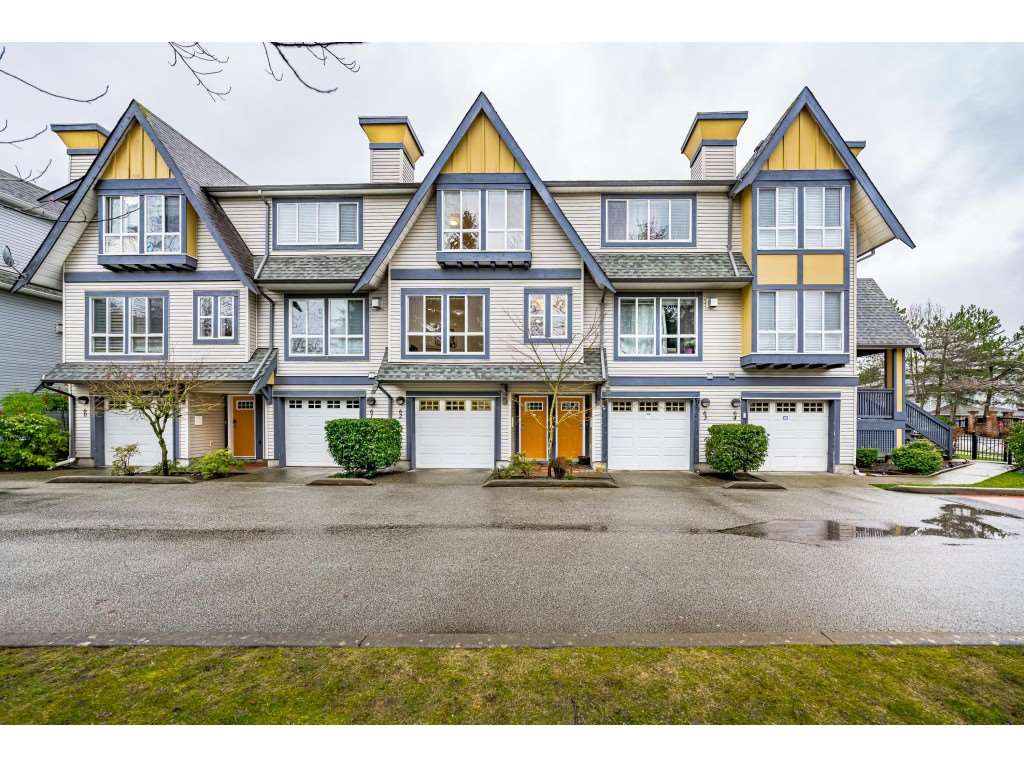
Throughout Canada, British Columbia is known as one of the most beautiful places to call home but it is also one of the most expensive – particularly throughout Metro Vancouver. Despite the high cost of living, this western region draws in thousands of new residents every year, looking to lay down roots. No matter whether you are a seasoned Vancouverite or are new to the area, the big question is always: should I be renting or buying?
There is no single perfect answer to the “rent vs. buy” debate but there are a number of factors to consider when making your next home. Ultimately, the decision on living situation will depend largely on three factors: income, finances and lifestyle.
The Advantages of Renting
Flexibility: The option of short term leases allows renters to maintain a more nomadic lifestyle. If you aren’t planning on making Metro Vancouver a permanent home, buying is likely not the best option for you. If a new career opportunity presents itself elsewhere or you are looking for a quick change of scenery, being backed into a mortgage can be constraining.
Cheaper: In most cities, renting is a more cost-effective solution than buying. This can be true in certain areas but depending on where you would like to be situated, this might not always be the case. If you do happen to find an affordable rental, any leftover finances can be put toward other investments or hobbies.
The Disadvantages of Renting
- “Dead Money”: Any payments made toward rent are building equity for your landlords and not for yourself. This money is not working for you and is a payment that you will never see a return on.
- Inability to Renovate: Rental properties often have restrictions as to what you can and cannot do to make a space your own. Everything from paint colours to other minor upgrades could end up costing you your damage deposit.
The Advantages of Buying
- Security: Throughout Vancouver, Burnaby and New Westminster, properties are constantly changing hands. As a tenant, there is very little recourse when a landlord decides to sell a building but as a homeowner, you are always guaranteed to have a place to live.
- Capital: In a housing market on the rise, there is a very good chance that your home will appreciate in value over time. The home that you purchase tomorrow might see a jump in value over the next 5-10 years. As a property owner, this additional value stays with you.
- Equity: Unlike rent, each monthly mortgage payment earns equity for your property. Some of this payment goes toward interest while the rest is applied to principal. Depending on the style of your mortgage, additional payments can be made to this principle amount.
- An Investment: Owning property is one of the most secure investments that you can make. Buying a home means always having a tangible asset. You can either live in it, sell it or rent it out but it always has a certain level of value.
- Cost-Effective: Yes, you have already seen renting listed as a “cheaper” option but this isn’t always the case. Depending on the location and style of home that you choose, you may end up paying less in monthly mortgage payment than you would for rent.
- Rebates/Discounts: If you are a first time home buyer, there are advantages to choose from. Speaking to a mortgage advisor is key to accessing information, assessing eligibility and discussing applications for these.